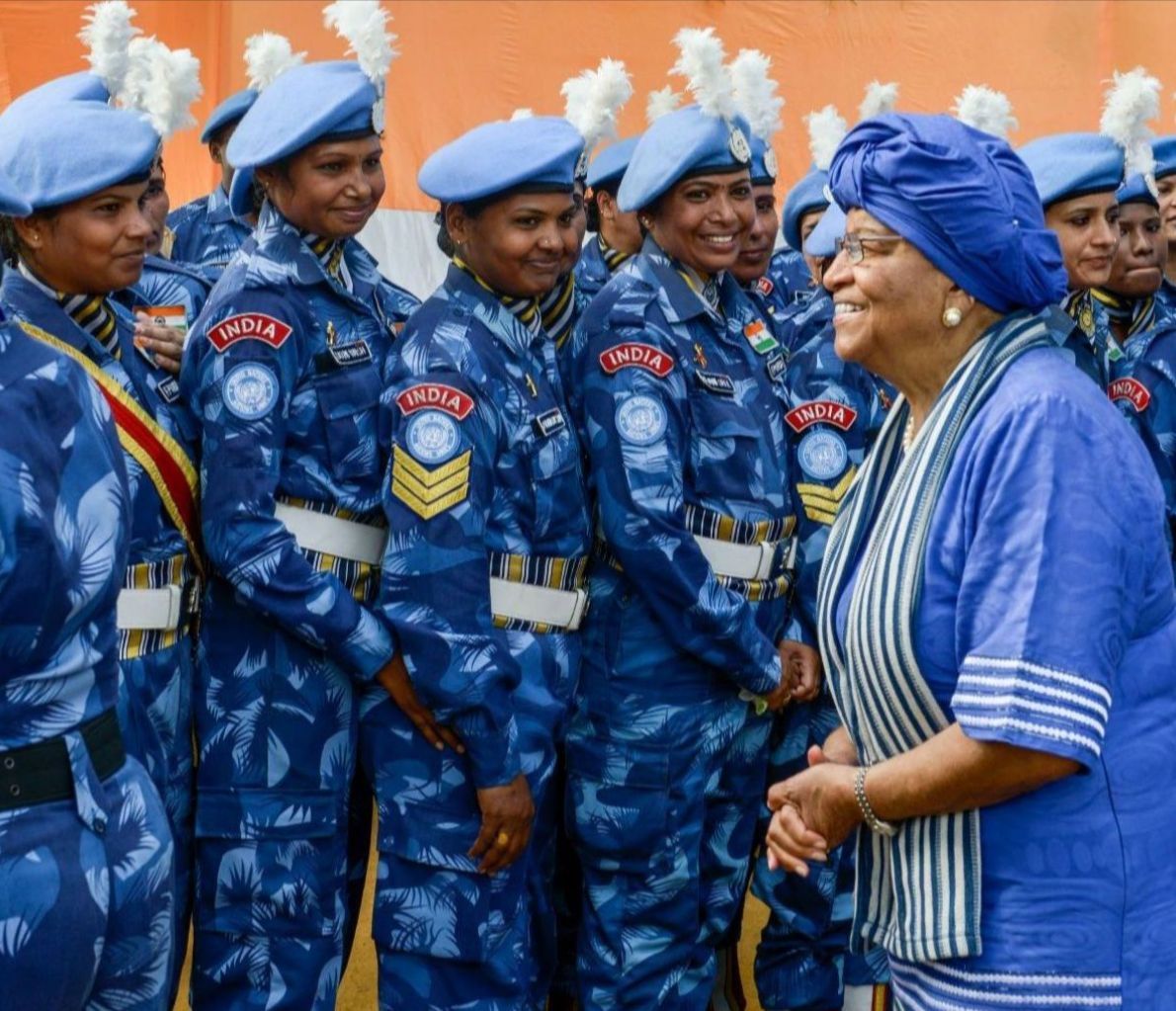Although it was 2018 before women were able to serve in all combat roles in the British Armed Forces, history has shown us that perseverance and a rebellious streak enticed women to the battlefield centuries earlier. The implicit masculinity of the soldier is questioned as far back as Boudica, through to Agnes Hotot, Christian 'Kit' Cavanagh, Hannah Snell and many many more. Infamous WW2 French Resistance fighter and "most decorated heroine of WWII" Nancy Wake once told an interviewer "I don’t see why we women should just wave our men a proud goodbye and then knit them balaclavas."
That being said, as the character of war changes, the 'frontlines' are shifting too - seemingly ridding us of rigid ideas of soldiering. Gone are the days when women must conceal their femininity to serve their country; the British Army now directly appeals (albeit not without criticism) to a new type of recruit, one which embraces all genders, sexualities, ethnicities and faiths. Yet, will Britain's "modern military" be able to overcome deep-seated ideals of masculinity underpinning war and soldiering?
Arguably 2020's most discussed 'war' has been against an invisible enemy. The immediate, globalised security threat posed by COVID-19 has encouraged masculinised martial rhetoric to dominate political discourse, with widespread invocation of WWII stoicism as our nurses, doctors, and supermarket, transport, and delivery workers transform into heroes. The military overtones of this response, however, ignore the disproportionate presence of women on this frontline. In a brilliant, newly published blog, our DRN Chair Hannah asks how these women will be remembered, and what could change for gendered perceptions of war fighting?
This, we are sure, will be among the many big questions tackled in an exciting series of webinars hosted by the LSE Centre for Women, Peace and Security and others to commemorate the twentieth birthday of the Women, Peace and Security Agenda in October of this year (more details below!). How far has this feminist peace project come since its inception? And, what can we do to ensure that gender remains a focal point when discussing war, peace, and security? In our own commemoration, this newsletter is dedicated to these questions. We hope that this can be an ongoing conversation within the DRN as we move forward.
See the full newsletter: Women, Peace & Security
Visit the Newsletter Catalogue page to catch up on past issues!

